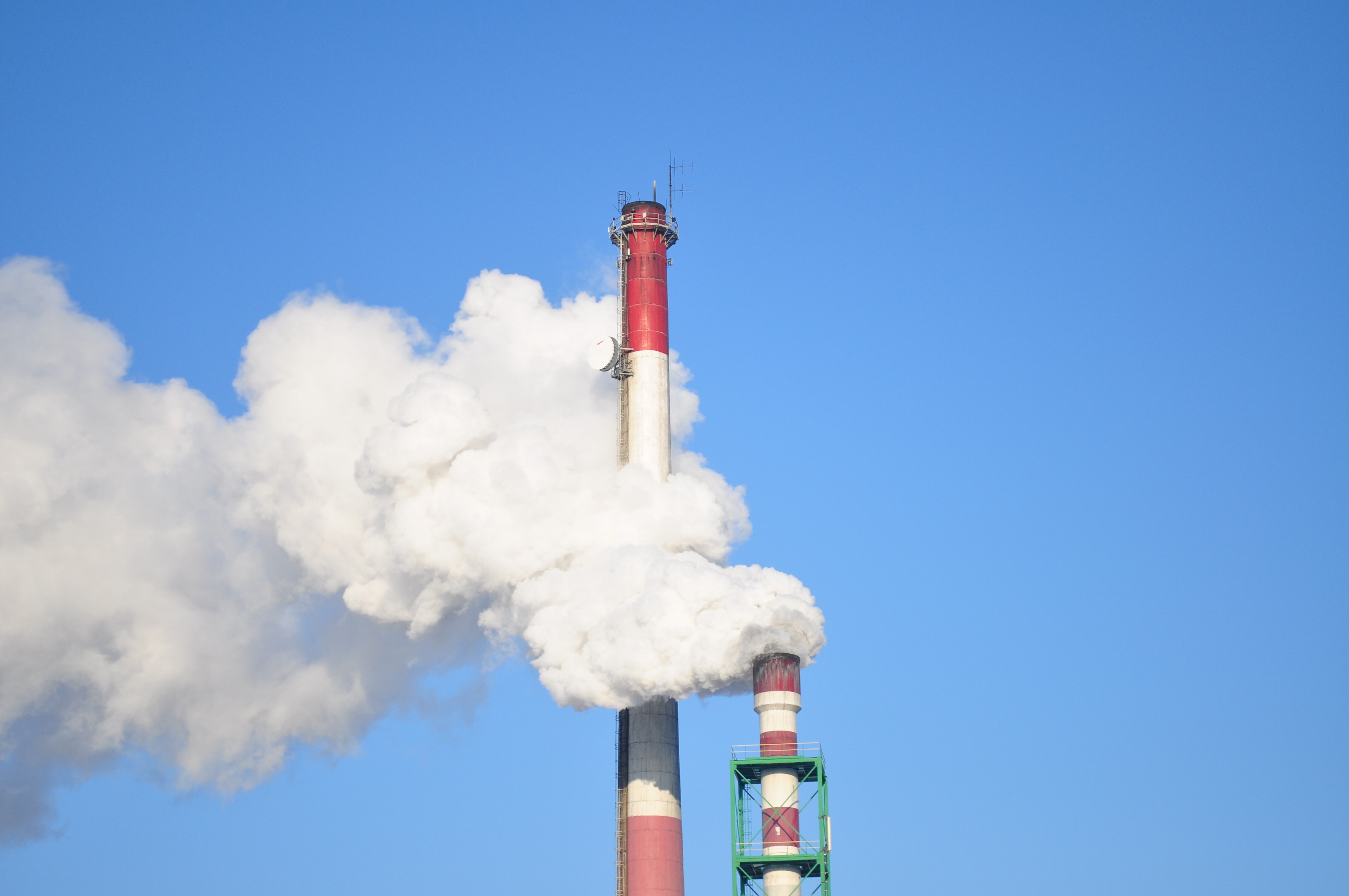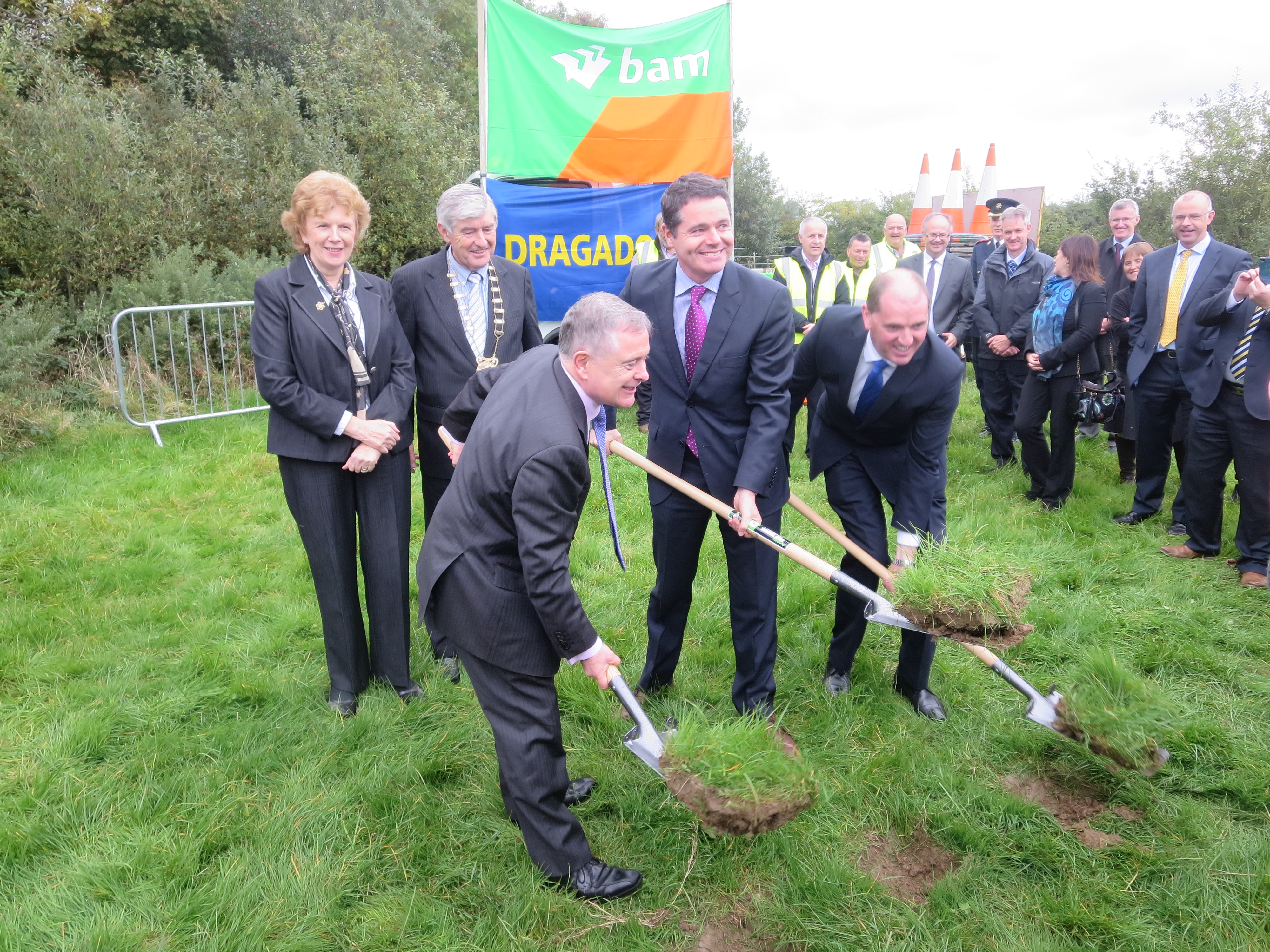The Irish Government recently published its long-overdue National Mitigation Plan on climate change, with more than 100 initiatives proposed to reduce carbon emissions in line with global targets. Amid predictions that Ireland looks set to miss its 2020 targets to reduce emissions, environmental campaigners have expressed disappointment with the Government’s new blueprint for tackling climate change.
It is becoming increasingly likely that Ireland will miss its 2020 targets to reduce emissions by 20%; and by a substantial margin at that.
By 2020 Ireland is predicted to only achieve a paltry 5-6% reduction in emissions, with greenhouse gases from transport and agriculture actually rising. In fact, per capita, Ireland’s emissions are the third highest in the European Union, and it is one of only four EU states (alongside Belgium, Luxembourg and Austria) expected to miss its 2020 targets.
Not only will it make meeting the more challenging future targets more difficult, the spectre of
serious EU fines loom on the horizon. In the shadow of this troubling and immensely challenging backdrop that the Irish Government’s long-overdue National Mitigation Plan on climate change
was published.
The new National Mitigation Strategy includes more than 100 initiatives that propose to reduce carbon emissions in line with global targets. The plan includes a review of subsidies offered for fossil fuels, and commitments to invest in public transport fleets, a proposal to investigate a potential lowering of speed limits on motorways by 10km/h, and a grant to encourage heavy vehicle drivers to learn ‘eco-driving’ practices.
In a statement announcing the plan’s publication, Communications, Marine & Climate Action Minister Denis Naughten said Ireland is already ‘playing catch-up’ on climate change obligations. The Minister argued: “The plan sets out the full range of measures already being undertaken to reduce our emissions but crucially it also provides the framework for further work that must now be undertaken by Government as a whole in the months ahead”.
He also said that the role of Government in this regard is to put the levers for change into the hands of the people.
However, the Government’s new plan drew heavy criticism from opposition parties and environmental groups for a lack of new concrete actions and not going far enough to reduce emissions and transform Ireland to a low-carbon economy.
Professor John Fitzgerald, Chair of the Climate Change Advisory Council, a Government-appointed body, believes the Government’s plans are very much aspirational and is disappointing in the sense that “there are very few decisions and there are a whole range of things needed to be looked at. What we need are policies being implemented to ensure to meet our long term goals. Yes, they are laudable ideas but they should have tested in terms of cost effective ways of meeting our climate goals”.
The Climate Change Advisory Council made it recommendations during the formulation of the National Mitigation Plan, some were considered, others not so, while others will see their introduction outside the framework of the published plan.
As Professor Fitzgerald outlines: “We recommended the Public Expenditure Code be looked at and the Minister, prior to the National Mitigation Plan was published, announced that the Government was going to examine the Public Expenditure Code. This is very important because Public Expenditure Code determines how you prioritise investment and there are two areas of consideration; a) the rate of discount – if you apply the rate of discount you wouldn’t pay any attention to climate change and b) it needs to set out what the appropriate cost of carbon will be in 2020, 2025 and so on. You don’t know for certain what the correct figure is but you need to show a substantial rising figure which will guide future investment”.
Professor Fitzgerald is hopeful that some of the council’s recommendations will be introduced in the budget later this year, such as, “making the cost of damaging the climate apparent in prices through carbon taxes and tax on diesel and so on. There may be more action in the budget to implement some of the things we recommended”.
There are a broad range of elements Ireland should be focussed on if we’re to get serious about reducing our emissions and transitioning to a low-carbon economy. For Professor Fitzgerald, the next steps are clear.
“The very first thing the Climate Change Council recommended last year was that we support a French initiative at the EU level in terms of the emissions trading scheme. It doesn’t work at present and we need it to work. If we for example electrify cars and heating, if electricity isn’t decarbonised by 2050, we have a real problem. So we need the EU to put in place a regime that will deliver carbon free electricity by 2050″.
Adding; “We also need to use the market mechanisms such as price and eliminating subsidies to activities that damage the climate, like peat-fired power stations-support for them should end.
We should introduce measures to improve energy efficiencies through targeted investment in a way that will actually deliver long term gains, in a cost-effective manner. Denser development would also facilitate a reduction in emissions too”.
It is clear that drastic actions are required, especially as all indications are that Ireland will miss its 2020 targets to reduce emissions by 20%; the likely reduction will be a paltry 5-6%. The cause for this failure is a lack of policies in place to deal with the problems, as Professor Fitzgerald explains:
“With the recession economic activity reduced dramatically and therefore so did emissions, and it looked like we were on target for our 2020 targets, so nobody did anything. It was clear to many of us that the economy was going to recover and as it has, and so have emissions. We sat back and did very little on climate change during the recession when we should have been ramping up the cost of damaging the climate, reducing subsidies that are damaging the climate and targeting investment in a cost effective way to deal with the climate problem”.
Amid the bad news, there are areas performing well and offer some respite from the negative as Professor Fitzgerald outlines:
“In the long run developing and implementing technologies that allow us to have a reasonable standard of living while not damaging the environment are important. Technical developments in the area of electric cars for example, are now moving rapidly which may help us. Also the cost of renewable electricity is reducing; a study in 2012 showed that while it looked as if we spent money on promoting renewable electricity through wind but it actually saved the consumer money, even taking account of the subsidy. That has been a success and we need to build successes like these”.
One thing everyone can agree on is there is a lot of work to do in reducing emissions in Ireland, we need decisive action and leadership. We can’t afford to kick the can down the road any further as our futures depend on it.













